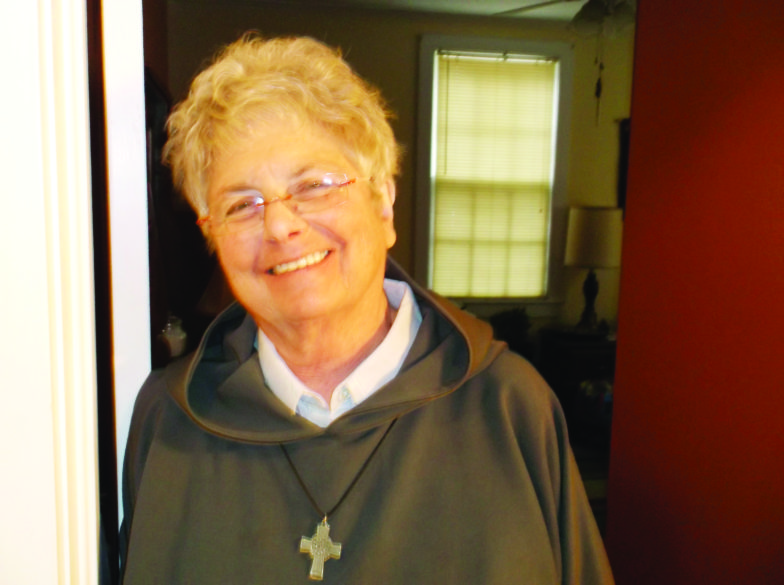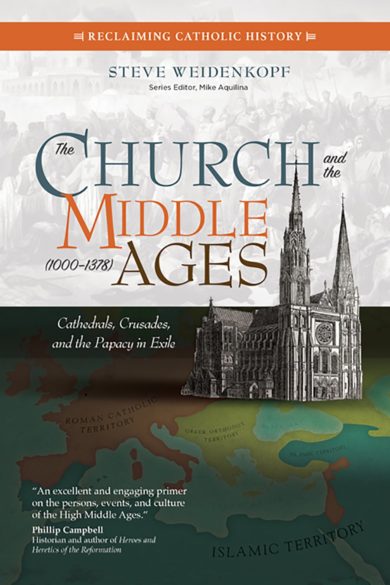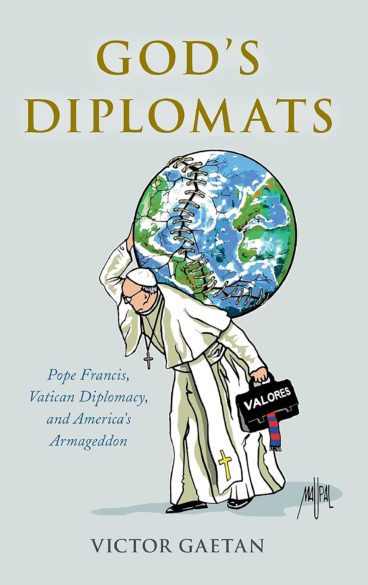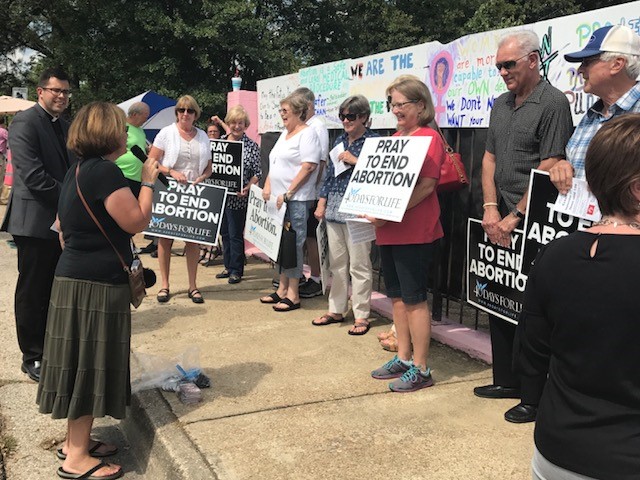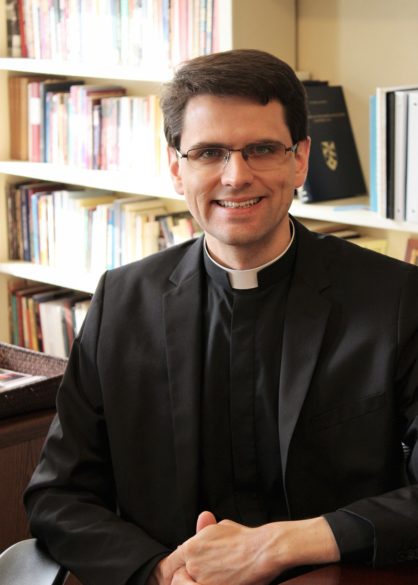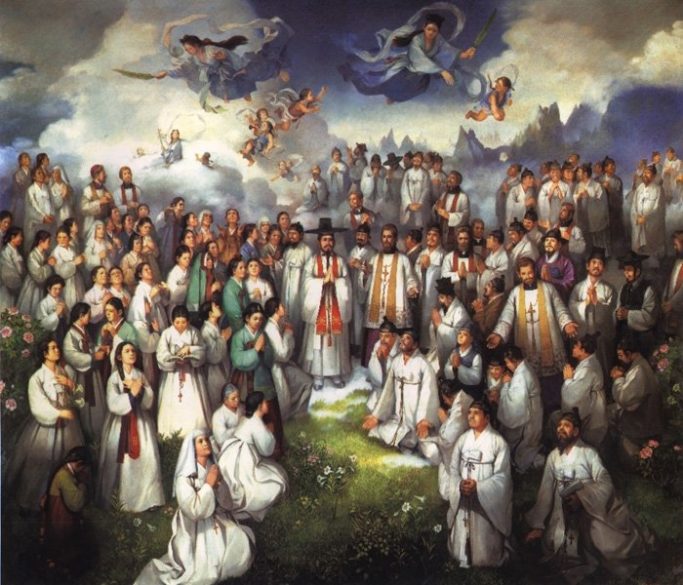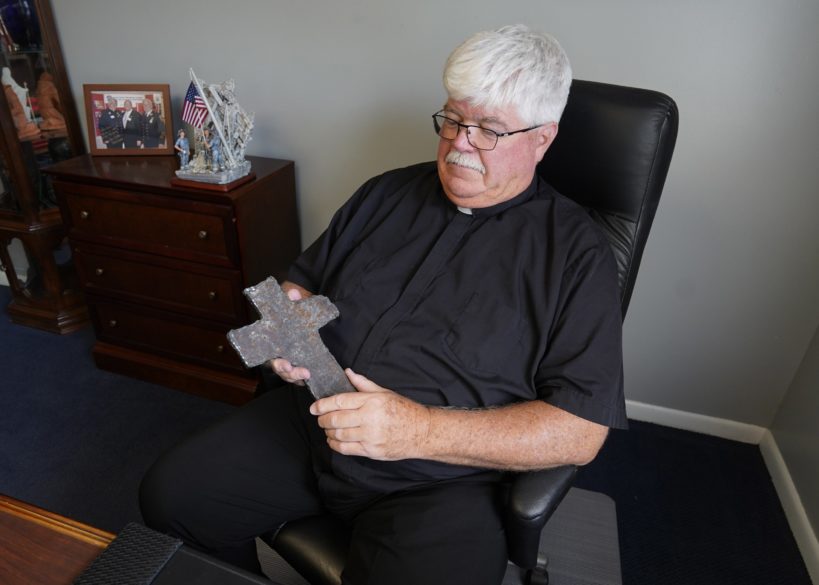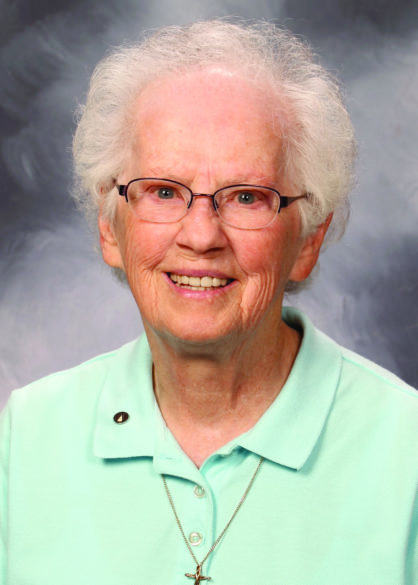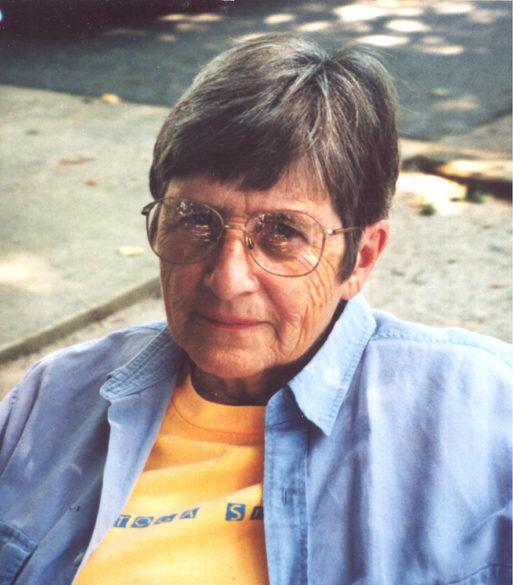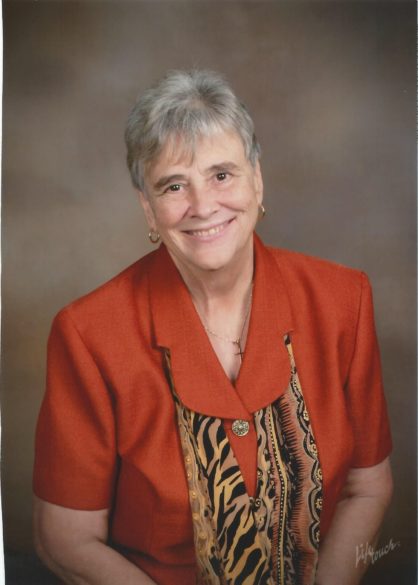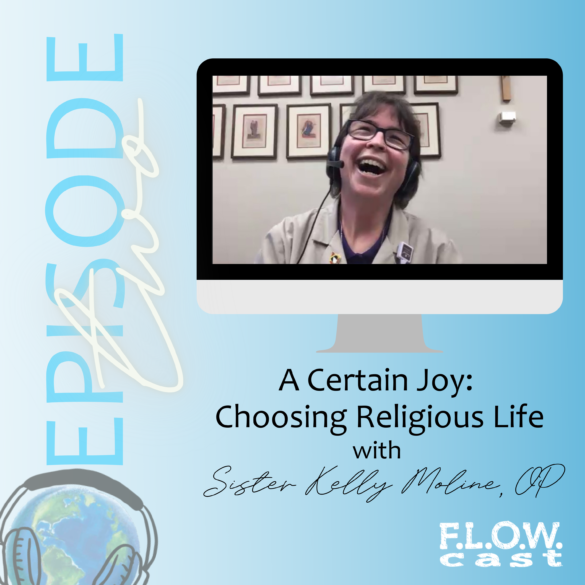GUEST COLUMN
By Reba J. McMellon, M.S., LPC
A wise man is silent till the right time comes, but a boasting fool ignores the proper time. Ecclesiastes: 20:6
Have you ever walked away from a conversation feeling ignored or brushed aside? It usually happens when we tell someone something about ourselves that is either exciting, sad or upsetting. You share something big only to find yourself on a completely different subject about the other person moments later. Have you ever wondered how or why this happens?
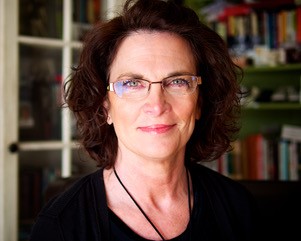
It’s happens when information you are sharing triggers a thought in the listener about themselves. That is normal enough and even to be expected. However, it can prevent opportunities to truly listen to one another. Immediately changing the subject is an ineffective form of communication.
In training to be a counselor, I was taught listening skills. There are entire textbooks devoted to listening skills. I doubt any of us would want to ‘listen’ to all that. I think it can be reduced to what I refer to as: the two-sentence rule.
• When somebody shares something about themselves, ask at least two sentences that has to do with what they just said. Ask them before moving on to what that reminds you of – namely, yourself. Try asking questions beginning with who, what, where, when or how; but never why. For example: When did it start? How did it go? Who else was there? What got you interested in that? Or, where were you? Those are called open ended questions.
• Starting a sentence with ‘why’ puts the other person on the defensive. Most of us don’t know why it happened, why it made us so upset or excited or sad. ‘Why’ often shuts down the conversation.
• Remember, a conversation is a dialogue, not a monologue. When people interrupt too quickly with, “Well I…” – the subject is about to shift. A conversation is an exchange of thoughts, feelings, or ideas between two or more people – a two-way street.
• The two-sentence rule is easy to remember and a good way to catch yourself. Any more than two sentences could seem like probing. Any less than two sentences could seem uninterested. Pay attention to how many times you start a sentence with, “Well, I …” If a horn honked every time you start a sentence with “I,” would it sound like a car alarm was going off? I … I … I … I
• If you don’t care to listen, don’t ask the person a question.
The two-sentence rule is not meant to be complicated or rigid. In fact, you can skip the two-sentence rule if you check your mindfulness. Check and see if you are listening and genuinely care. If so, slow down thoughts of yourself enough to be mindful of the other person, at least for two sentences.
Wonder who, what, where or how they are feeling, when they come away from a conversation with you. We can all learn more from truly listening rather than simply hearing.
(Reba J. McMellon, M.S. is a licensed professional counselor with 35 years of experience. She worked in the field of child sexual abuse and adult survivors of sexual abuse for over 25 years. She continues to work as a mental health consultant, public speaker and freelance writer in Jackson, Mississippi. Reba can be reached at rebaj@bellsouth.net.)

